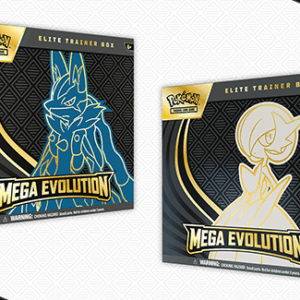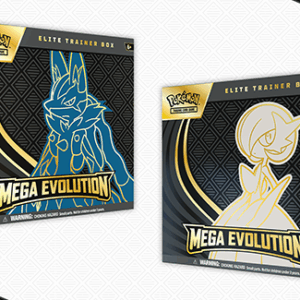Imagine stepping into Boomtown Sports Cards and Pokéshop, a place that feels more like a home than a hobby shop. It’s tucked away in San Antonio, where collectibles breathe life into the undercurrent of passionate collectors and hobbyists. Behind the counter stands Vic Nava, the shop’s proprietor and a beacon of enthusiasm in a world spinning tops of complexities.
“First and foremost, thank you all for being a part of the shop’s growth and success. We are still trucking along thanks to you,” wrote Viva. His words danced over keyboards and mobile phones, carrying a heartfelt gratitude that resonates with followers, both loyal and new. It’s a rare moment when the shop extends its discourse beyond glistening cards and meticulously painted figures and delves into the murky waters of global crises.
The genesis of this narrative boils down to emails—unspectacular, digital envelopes of doom. In a twist that echoes a Shakespearean tragedy, two ominous messages landed squarely in Nava’s inbox. These weren’t an ordinary gruel of junk mail, but warnings cloaked in somber language of impending supply cost increases—a whopping 100% on essential plastic supplies. If it sounds daunting, imagine Nava, caught between inanimate distributors and his very animated community of collectors.
“Yeah…100%….we are pissed too,” Nava’s frustration lay bare, a modern-day David staring down an inexplicable Goliath of global trade policies. The shop itself seemed a microcosm of the wider world, a place where Dubrovnik-sized tariffs ripple into local havens of hobbyism. Faced with a Macbeth-like dilemma, Nava’s soliloquy to all who would listen was sobering, “If I keep prices the same, this could really hurt our business.”
For many, Boomtown isn’t just a shop; it’s an experience, a rite of passage. And so, hand in hand with that love and loyalty is an expectation—no, an understanding—that sometimes, prices may rise as unpredictable as a rare card from a shuffled deck.
San Antonio responded not with pitchforks, but with open arms and empathetic hearts. Comment after comment on social media formed a digital tapestry of unwavering support. Local collector JD Nash chimed in, “Do what you gotta do, brotha. We’ll still support no matter what.” It’s a testament to the kiln-baked relationships between collectors drenched in nostalgia and commerce.
And then there’s Rey Jimenez, whose poignant narrative reveals another layer of Boomtown’s influence. Through sparkling eyes of his two young boys, the shop isn’t a mere marketplace; it’s transformative, imbibing in them the joy of collecting from the ground up. The Saturday morning ritual of stepping into Boomtown is akin to the first stop on a treasure hunt, the joy for collecting sparked, all thanks to Nava and his crew of card beholders.
The shop’s plight showcases the delicate dance of local businesses when buffeted by macro forces—a vivid illustration of how international tariffs don’t just kindl just out global debates, but fire up the very cornerstones of domestic commerce. Boomtown stands as an anchor within its community, and as the challenges slink from behind the shadows, it reveals the absolute fortitude of local support.
As collectors brace for a shift, the increase in price is relished not with rancor, but with hope—a small price to pay, perhaps, to maintain a cultural cornerstone. Tariffs, upcharging emails, a doubling of costs: they may have changed the arithmetic, but not the essence of Boomtown.
So, while the cards themselves may be collectibles, it seems only fitting that the shop itself, its goodwill, and its community, should be revered just as much. It’s an odyssey as infinite as the supply hierarchies from which it springs, a tale where despite higher prices looming on the horizon, the real commodity remains the bond between a shop and its vibrant community.






